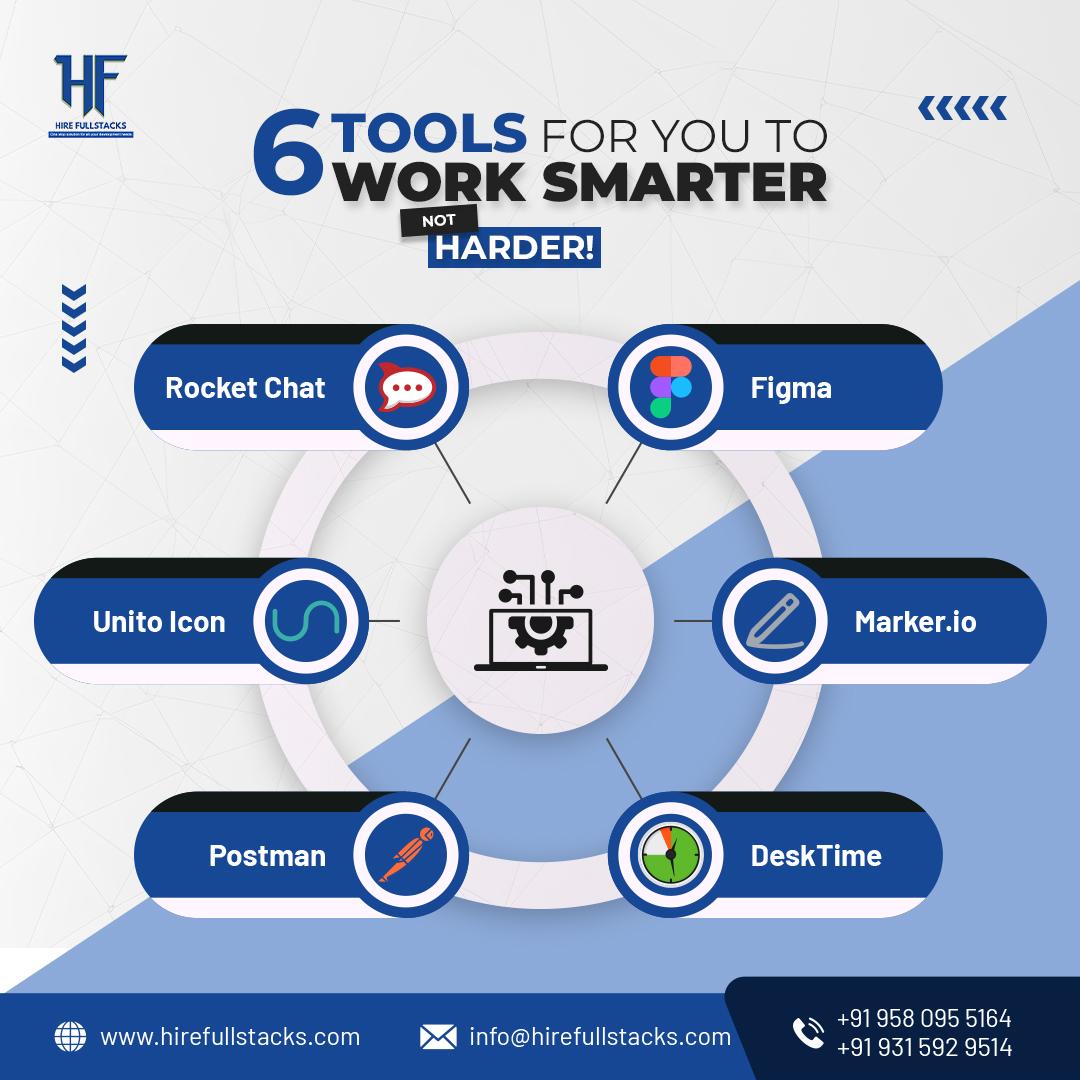India has become a prominent destination for hiring skilled developers, especially full stack developers. Companies can access a vast pool of talent with expertise in both front-end and back-end technologies, making it easier to build and maintain robust applications. The combination of technical proficiency and competitive rates presents an appealing offer for businesses looking to expand their development capabilities.
The demand for full-stack developers is growing, as they are equipped to handle various aspects of software development. This versatility ensures that projects can progress smoothly without the need for multiple specialists. With a focus on agility and efficiency, hire developers in India can significantly enhance a company's development process.
In addition to technical skills, Indian developers often bring strong communication abilities and a readiness to adapt to diverse work environments. This cultural compatibility, along with the ability to work across time zones, makes them valuable assets for global teams. Understanding these factors can help businesses make informed decisions when hiring developers in India.
Hiring Full Stack Developers in India
Hiring full stack developers in India offers a strategic advantage for companies looking to enhance their technology capabilities. The country hosts a vast pool of skilled professionals capable of managing both front-end and back-end development tasks effectively.
Understanding the Full Stack Development Landscape
Full stack development encompasses a variety of technologies and tools required for building complete web applications. Developers in this field are proficient in:
- Front-end Technologies: HTML, CSS, JavaScript frameworks (React, Angular, Vue)
- Back-end Technologies: Node.js, Python, Ruby on Rails, Java
- Database Management: SQL, NoSQL (MongoDB, Firebase)
The Indian tech ecosystem is robust, with many universities offering courses in computer science and software engineering. This has led to a steady influx of graduates skilled in contemporary technologies. Additionally, many developers participate in online platforms, contributing to open-source projects, which enhances their practical experience.
Benefits of Hiring in India
India has become a premier destination for full stack developer india due to several compelling benefits:
- Cost-Effectiveness: Salary expectations are significantly lower compared to many Western countries.
- Time Zone Advantage: India operates in a timezone that overlaps with both Europe and the U.S. for part of the day, facilitating real-time collaboration.
- Diverse Talent Pool: The country boasts a wide range of skills, including emerging technologies like AI and blockchain.
Moreover, many Indian developers are fluent in English, which facilitates smoother communication. This combination of cost efficiency, skill diversity, and effective communication makes hiring from India a strategic choice.
Identifying the Right Skill Set
When hiring full stack developers, it is crucial to focus on key skill areas that align with project requirements. Essential skills include:
- Proficiency in Multiple Languages: Understanding both front-end and back-end languages.
- Problem-Solving Abilities: Critical thinking for debugging and optimizing applications.
- Framework Experience: Familiarity with popular frameworks relevant to the company’s technology stack.
Additionally, developers should have a grasp of version control systems like Git, as well as Agile methodologies. Conducting thorough interviews and practical assessments can help ensure the right candidates are selected.
The Recruitment Process
Recruiting developers in India involves several critical steps. These include choosing the right hiring model, sourcing talent effectively, evaluating candidates thoroughly, and ensuring a smooth onboarding process.
Selecting the Appropriate Hiring Model
Choosing the right hiring model is pivotal for organizations. Options include full-time employment, contract-based hiring, or using development agencies.
- Full-time Employment: Ideal for long-term projects requiring dedicated resources.
- Contract-Based Hiring: Suitable for short-term needs or specific projects.
- Development Agencies: Provide access to teams with diverse expertise.
Organizations should assess their project timelines, budget considerations, and the necessary skill sets to select the model that best aligns with their goals.
Sourcing Talent
Sourcing talent in India requires a multi-faceted approach. Companies can leverage various platforms such as:
- Job Portals: Websites like Naukri, LinkedIn, and Indeed are essential for reaching a broad audience.
- Networking: Engaging with industry professionals through meetups, conferences, and online forums fosters connections.
- Referrals: Current employees might provide valuable candidates, ensuring cultural fit and skill relevance.
Utilizing a blend of these methods can enhance the recruitment process by providing a larger candidate pool.
Evaluating Candidates
Evaluating candidates should involve structured assessment methodologies. Key strategies include:
- Technical Assessments: Coding tests and technical interviews are crucial for gauging practical skills.
- Behavioral Interviews: These assessments identify cultural fit and soft skills, which are instrumental in teamwork.
- Portfolio Review: Scrutinizing past projects helps in understanding the candidate's capabilities and experience.
Implementing a systematic evaluation framework ensures that only qualified and compatible candidates progress to the hiring stage.
Onboarding and Integration
Onboarding is an essential component of the hiring process. A smooth integration helps in retaining talent and enhancing productivity. Key practices include:
- Comprehensive Orientation: Introducing new hires to the company culture, values, and tools facilitates early engagement.
- Mentorship Programs: Assigning mentors can provide guidance and support during the transition period.
- Continuous Feedback: Regular check-ins during the initial weeks help address any challenges and keep new hires aligned with team goals.
Focusing on effective onboarding strategies can lead to higher job satisfaction and reduced turnover rates.
